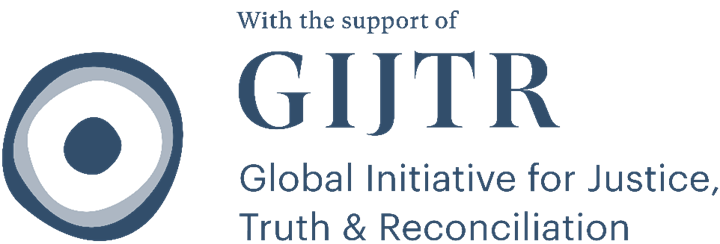...such as ‘a nationwide reparation scheme’,262 or include allocations in the budgets of existing funds, including under transitional justice mechanisms, for reparations to victims/survivors of gender-based violence against women.263 States should create women-specific funds to provide women with adequate reparation in situations ‘in which the individuals or entities responsible for violating their human rights are unable or unwilling to provide such reparation’;264 Implement administrative reparations schemes without depriving victims/survivors of their right to seek judicial remedies. States......proceeds of crimes to victims/survivors.267 Note to reader Due to the interrelatedness and interdependency of all human rights, readers should refer to the “International Human Rights Law” chapter, subchapter on the “Convention against Torture” to find a detailed explanation of the various forms of reparations, when they are appropriate, and how they are intended to remedy the harms caused in direct favour of victims/survivors. Additional resources on reparations are available in the “Further Readings” chapter.......conflict’.154 States should ensure that women are equally represented in the judiciary and other law implementation mechanisms ‘as magistrates, judges, prosecutors, public defenders, lawyers, administrators, mediators, law enforcement officials, judicial and penal officials and expert practitioners, as well as in other professional capacities’.155 With regard to transitional justice mechanisms, States should: Involve women in the design, operation and monitoring of transitional justice mechanisms and all reparations programmes; Facilitate and encourage women’s full collaboration and involvement......in transitional justice systems, including truth commissions and reparations ‘which are gender sensitive and promote women’s rights’; Mandate transitional justice mechanisms to address all gender-based violations; Reject amnesties for gender-based violence. Amnesties are impermissible if they interfere with victims/survivors’ right to an effective remedy, including reparation, or if they restrict victims’ and societies’ right ‘to know the truth about violations of human rights and humanitarian law’;184 Reject statutory limitations for the prosecution of gender-based violence;185......particular gender-based violence, into training curricula for health workers, ‘including in emergency services’.253 States should ensure that the training of health workers includes information on the rights of women with disabilities and women belonging to Indigenous, minority and other marginalised groups.254 Reparations🔗 III.23 States must provide victims/survivors of CRSV with remedies🔗 For women to be truly equal with men before the law,255 States must give women remedies in the case of gender-based violence, whether committed by a...

 EN
EN FR
FR ES
ES UK
UK



